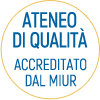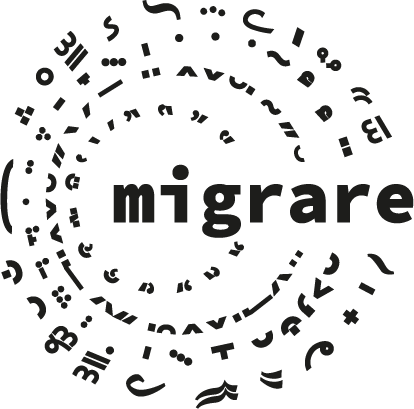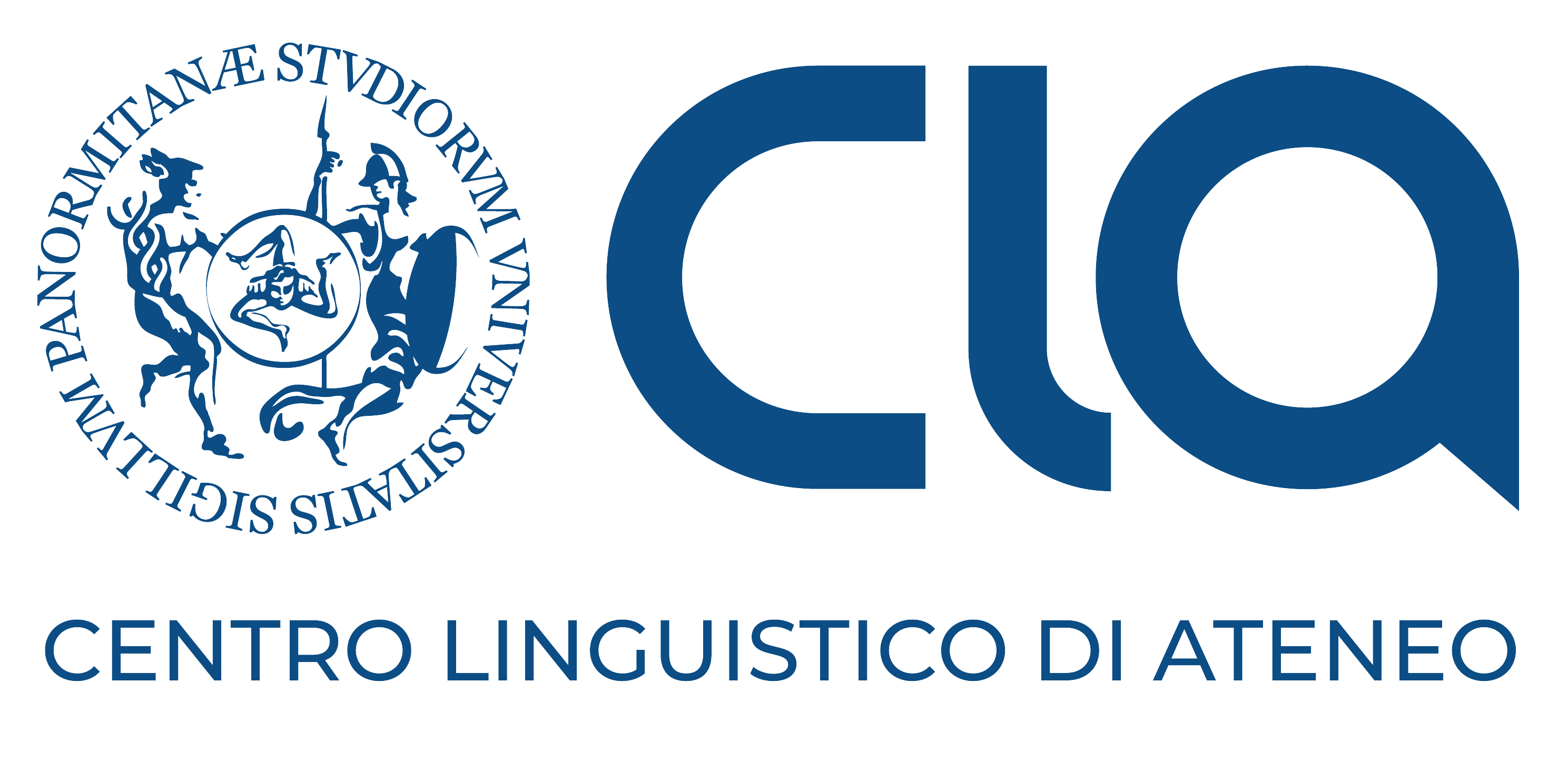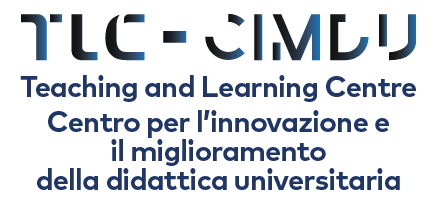PhD PROGRAMME IN HUMAN RIGHTS: EVOLUTION, PROTECTION AND LIMITS
UNIVERSITÀ DEGLI STUDI DI PALERMO
DIPARTIMENTO DI GIURISPRUDENZA
PhD PROGRAMME IN HUMAN RIGHTS: EVOLUTION, PROTECTION AND LIMITS
PhD Rules and Regulation
Art. 1 – Administration.
The Phd Programme in Human Rights: evolution, protection and limits is based at the Department of Law of the Università degli Studi di Palermo.
Art. 2 – Research Areas and Scientific Topics.
The programme covers a wide range of topics with interdisciplinary approaches in the field of human rights, confronting its subject matter from the perspective of numerous disciplines, such as: philosophy of law, history of law, international law, political economy, political philosophy, contemporary history, criminal law, domestic public and administrative law, tax law, procedural law. In particular, the cultural project of the PhD programme covers issues of internal and international protection of human rights, the problems of international justice, issues in bioethics, ecology, resource allocation, immigration, security, political economy, tax justice, armed conflicts and humanitarian interventions, as well as philosophical issues related to these topics.
Art. 3 – Learning Activities.
1. PhD Learning Activities are:
(a) PhD Courses. PhD Courses are of two types: Introductory Course and Courses of Theory and Practice of Human Rights I and II. The Introductory Course takes place between November and December, and it is aimed at first year PhD students. It covers mainly methodological issues. The Courses of Theory and Practice of Human Rights I and II take place respectively in February-March and in June-July. They are aimed at all PhD students and focus on different topics related to human rights theory, practice and evolution.
(b) Winter and Summer Schools. The Winter and Summer Schools are two one-week series of seminars. They focus on current human rights issues. The Winter School is usually held in February. The Summer School is usually held in June. They are aimed at all PhD students, and are open to external registered participants.
(c) PhD Workshop. The PhD Workshop hosts presentations by PhD students from the PhD Program in Human Rights and from other PhD Programs of other universities. The organization of the PhD Workshop is assigned to second year PhD students, among which two responsible persons will be selected. It is aimed at all PhD Students.
(d) Seminars. Further seminars will be held throughout the year. They are aimed at all PhD Students.
2. The PhD Coordinator and the Vice-Coordinator, selected between the Board of Professors according to the rules established by the University of Palermo, will take care of organizing the PhD learning activities and will inform PhD students through the PhD website. The Coordinator and Vice-Coordinator will be assisted by the ad hoc created Learning Commission.
3. The Board of Professors may test and evaluate PhD students for each learning activity.
4. Other duties may be assigned to PhD Students, such as: being discussant during seminars, organizing workshops, providing support to classes, giving presentations, etc.
5. All Learning Activities are strictly mandatory. Absences are justified only for serious and certified reasons. An excessive number of absences will not be allowed in any case.
6. The same learning duties apply to all PhD students, regardless of the city they live in. The PhD Board can assign different learning duties only to PhD students involved in particular agreements with foreign Universities.
Art. 4 – Research Activities.
1. Learning and Research activities are PhD students’ main task. Other activities may be allowed only if compatible with the regulations of the University.
2. It is the duty of PhD students to inform their tutors about the development of their research.
3. PhD research-related compulsory achievements are:
(a) Public Presentation. Second and third year PhD students are required to make a public presentation of their work. Presentations will be held following a program defined at the beginning of each academic year (November).
(b) Thesis. At the end of the first year, PhD students shall provide at least: (i) a detailed and reasoned bibliography; (ii) a report on the state of art of the research topic of the thesis; (iii) an extended table of contents of the whole work and/or a chapter. At the end of the second year PhD students shall provide: (i) the extended table of contents; (ii) two chapters.
4. From the second year on, PhD students are required to take part to congresses and workshops, as attendees and as speakers. The publication of at least one article by the end of the PhD is strongly recommended.
Art. 5 – Support to Academic Activities.
PhD students may be requested to support academic activities outside the PhD Program (for example holding seminars during University classes, etc.), for a maximum of 40 hours a year. A list of the undertaken academic activities should be attached to the final report for the admission to the following year of the PhD Program.
Art. 6 – Research Abroad.
1. PhD students shall conduct their research abroad for an overall period not shorter than six months. Preferably, the period, or periods, abroad should take place during the first two PhD years. Each period should be determined together with the student’s supervisor and authorized by the PhD Coordinator or, if longer than six months, by the Board of Professors.
2. The research abroad cannot take place during the Courses of Human Rights Theory and Practice I and II, nor during the Winter and Summer Schools.
3. During the research abroad, absence from the PhD Workshop and other seminars is justified.
Art. 7 – O.f.a.
1. PhD activities are organized in 60 o.f.a. per year, to be obtained through learning and research activities.
2. For the admission to the next year of the PhD Programme it is necessary to obtain at least 50 o.f.a.
3. Learning activities o.f.a. are:
- Course of Human Rights Theory and Practice I: 5 o.f.a.
- Course of Human Rights Theory and Practice II: 5 o.f.a.
- Winter School: 7 o.f.a.
- Summer School: 7 o.f.a.
- Seminars (including the PhD Workshop): 6 o.f.a.
4. O.f.a are obtained only through active participation to the learning activities and, when scheduled, after passing the ad hoc test and evaluation.
5. Research activities o.f.a. (up to a maximum of 30) are:
- For the satisfactory fulfilment of the minimum requirements concerning the writing of the PhD thesis: 20 o.f.a.
- For participation to congresses, workshops and other relevant activities organized by external institutions: 1 o.f.a. each;
- For presentation of papers to congresses, workshops and other relevant events organized by external institutions: 3 o.f.a. each;
- For a presentation on the development of the thesis: 5 o.f.a.;
- For the publication of an article on a scientific journal: 5 o.f.a..
Art. 8 – Exam for Admission to the PhD Programme
The exam Commission will be composed as to reflect the interdisciplinary nature of the PhD, according to the decisions taken by the Board of Professors. The evaluation of candidates will take in consideration the diverse backgrounds that are allowed to enter the PhD programme.
Art. 9 – PhD Students Representatives.
1. For each new PhD year, PhD students will elect their representative (by February of the first year).
2. PhD representatives may be invited to attend the discussion of some the agenda items of the meetings of the Board of Professor.
3. PhD representatives may propose items of interests to the PhD students to the agenda of the meetings of the Board of Professor.
4. PhD representatives may be required to support the organization and evaluation of the Learning activities, in collaboration with the PhD Coordinator and the Learning Commission.
Art. 10 – PhD Supervisors.
1. At the beginning of her/his first year, each PhD student will be assigned one or more supervisors during a meeting dedicated to the presentation of the research projects of the newly admitted students.
2. If the research topic of a PhD student requires specific competences, the student may be also assigned external supervisors.
Art. 11 – Activities Calendar and Attendance Registry
The PhD Coordinator, or the Vice-coordinator and the Learning Commission (if delegated by the Coordinator), will take care of the calendar and scheduling of the learning activities, and of the record of their attendance (the records shall be kept by the PhD secretariat). Attendance will be monitored by the coordinator, or her/his delegate, during each activity.
Art. 12 – Annual and Final Exams.
1. At the end of the first and second year, the PhD students have to hand to the Board of Professors a detailed report, approved by their tutors, on the learning and research activities undertaken during the year and on the development of their thesis. The students will also have to sit an oral exam with a commission composed by the Coordinator, the vice-coordinator and other Professors of the Board. The Board will guarantee the presence of an adequate number of professors.
2. The oral exam will be focused on the research-related compulsory achievements described above in article 4.3(b).
Art. 13 – Evaluation of the PhD Programme.
1. At the end of each year the PhD students will be invited to complete an evaluation sheet on the activities of the PhD, with particular reference to organization, facilities, seminars, links with Italian and foreign academic institutions and cultural centres.
2. The results of the evaluation will be analysed and discussed by the Board of Professors during the following Board of Professors meeting, with the aim of keeping them in consideration in the organization of the following year activities.





























